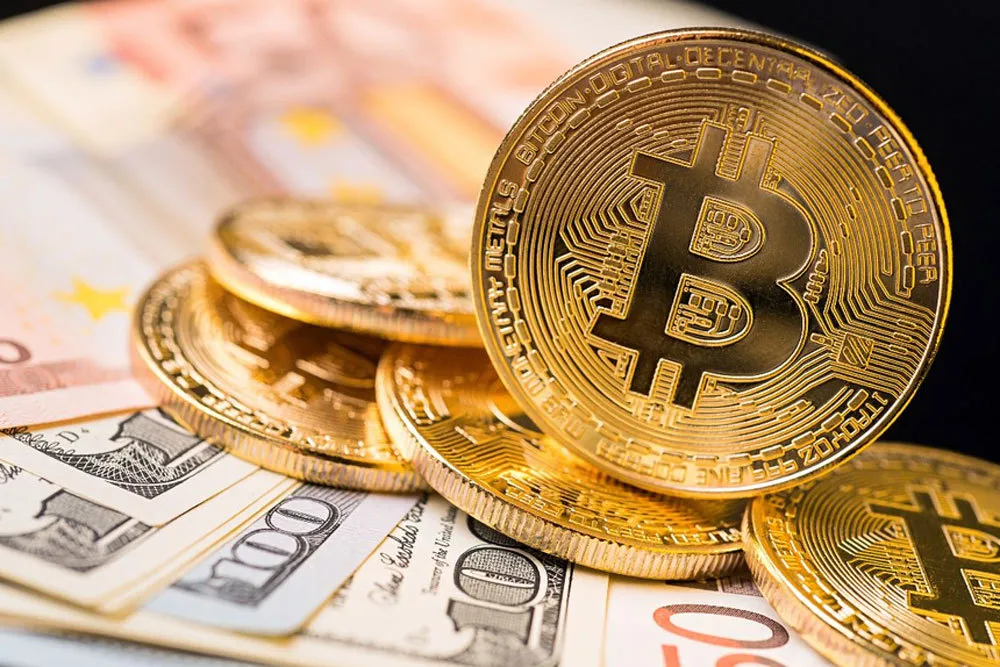
There are four basic conditions that need to be fulfilled for any form of currency to become an international currency. These four basic conditions require that the currency must first have a stable long-term value; second, there must be sufficient volume to meet the needs of international trade in goods, services and financial assets; third, it must have low transaction costs, such as low spread between the bid and asking price, and high also liquidity; fourth, it must have a reputable issuer that guarantees the stability of the currency, such as the US Central Bank (Fed).
Based on these four basic conditions, the market then decides which currency is the most reliable for international trade, and that which does not need any support coordination from a supranational authority. All the above four conditions named must also apply to cover both commodity money and nominal paper currency. In this case, the paper currency must have a reputable issuer, because this form of currency is trust based. On the other hand, the value of commodity money has intrinsic value as it is based on physical form, such as gold or silver.
In the case of Bitcoin, the above four conditions are not yet fully met. Firstly, it has greater volatility than any other dominant currency in history, with it being normal for prices to vary several times within just a few days. Secondly, since it can be created in a predetermined huge quantity, so in order for it to meet the growing demand of international trade, its relative value to other currencies must also increase in parallel. Such requirement makes this form of currency very unreliable. Thirdly, the transaction cost in this currency is high because it takes a long time to process, and the system can only process a limited amount within a given time period. Hence, even though Bitcoin is getting more and more valuable, it is becoming less and less useful. Fourthly, no reputable government or central bank has yet come forward to guarantee Bitcoin.
On the other hand, this form of currency has been dubbed as "dirty currency" and termed as a high consumer of electricity. Bitcoin is also quite disliked by many governments and international organizations, even banned by some, due to the fact that it affects the security of the national currency, such as in China and Vietnam. If this sentiment grows and spreads, Bitcoin may become defunct soon.
Any intermediary that acts like money, should reduce transaction costs and serve in value as a lubricant in the economy. Bitcoin cannot perform such a function. Money has the character of a widely distributed product, and the more people accept it, the more valuable it becomes. Meanwhile, Bitcoin is only accepted within a limited group of people. The popularity and rise of digital currency is partly due to the anonymity of Bitcoin wallet holders. While transactions can be identified, it is difficult for third parties to determine who is behind them. This feature makes them popular with criminals and money launderers.
There are many people who still see this form of currency as a viable investment, but it does not fulfill any function such as in exchange and long term value, and also lacks reputable issuers. The frenzied rise of Bitcoin is also reminiscent of a pyramid, where investors hope that the face behind it will grow their assets higher and higher in the future.




















